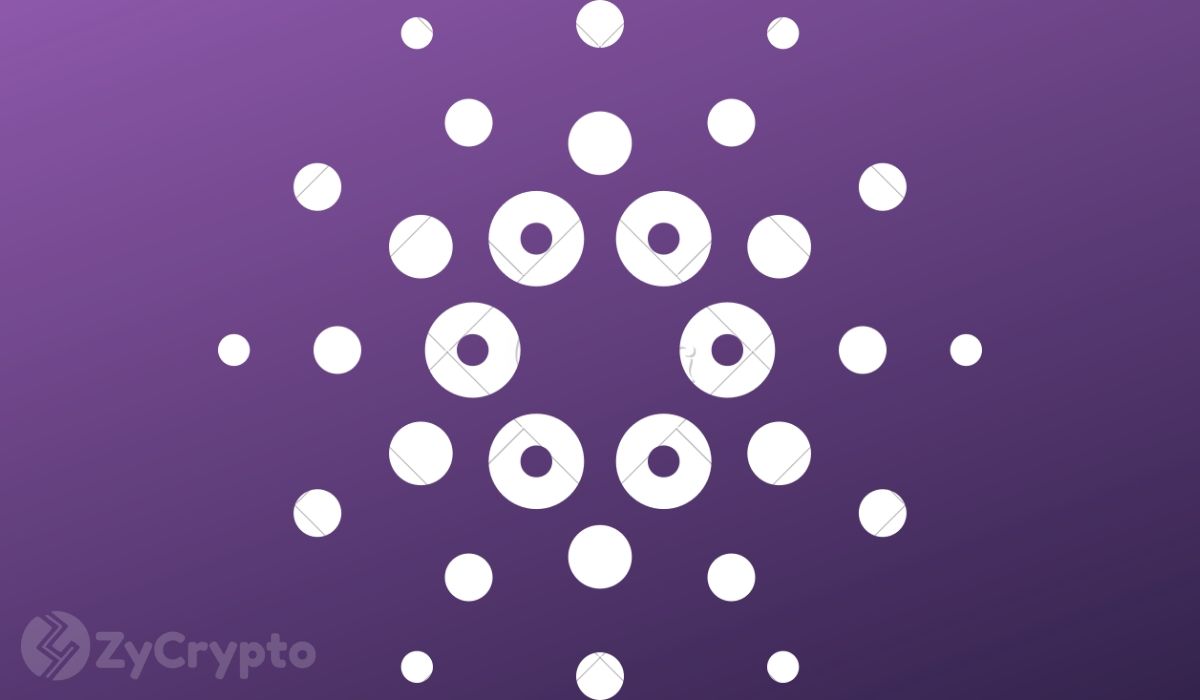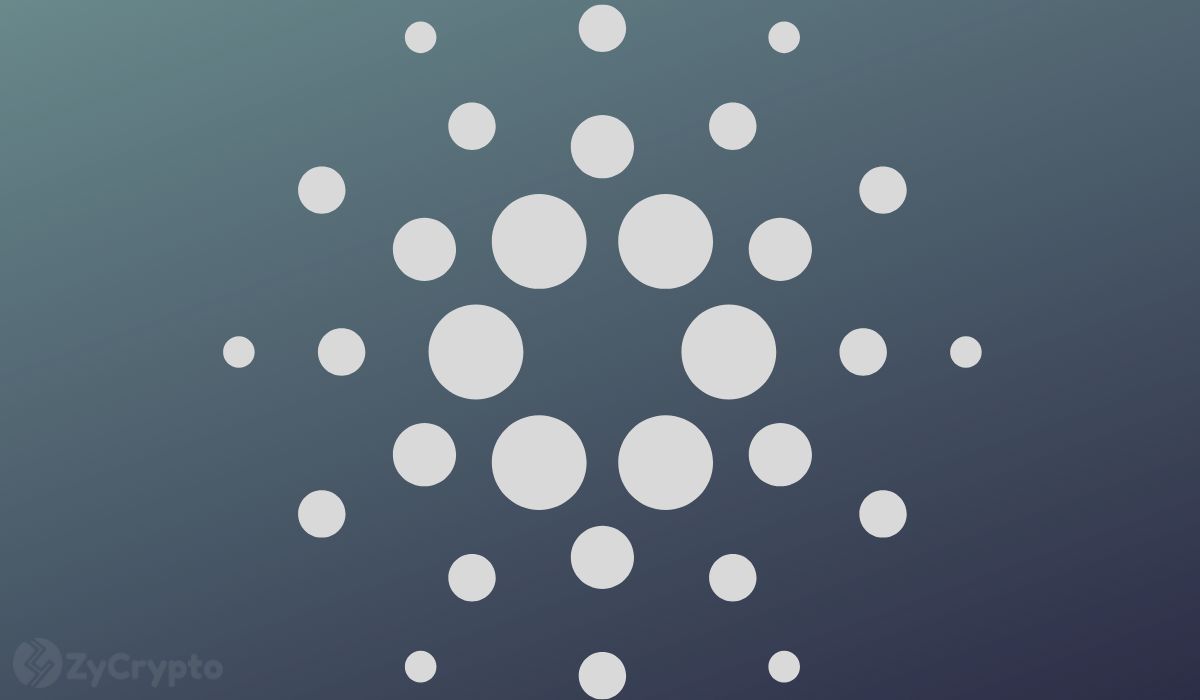2018-7-17 03:00 |
A worrying report was published yesterday in the online academic journal, The Conversation, warning that in the future, quantum computers might become capable of cracking cryptocurrency wallets’ private keys—giving potential hackers access to crypto users’ stored digital currencies.
“Bitcoin transactions are essentially a series of puzzles stored in public on the blockchain,” writes Marco Tomamichel, a Senior Lecturer for the School of Software at University of Technology Sydney who authored the report. “The puzzles used to protect bitcoin are so complex that current computer technology isn’t powerful enough to crack them. But quantum computers could crack these puzzles in coming decades.”
In order for Bitcoin transactions to take place, a user requires both a public and private key, which are used to solve otherwise impossible puzzles that verify all transactions between users on the Bitcoin blockchain. While public keys are given out for peer-to-peer transactions, private keys are kept secret by the private key holder—keeping the funds stored in cryptocurrency wallets secure from any potential threat from hackers.
“Most puzzles used for bitcoin take the form of signatures. Namely, bitcoin transactions are electronically signed using really complicated algorithms based on what mathematicians call elliptic curves. The idea is that creating such a signature is prohibitively difficult for any computer unless one holds the secret key, and that it can be verified easily using the public key.
However, while these signatures indeed appear impossible to fake for today’s computers, quantum computers can potentially solve them very efficiently. This is possible because quantum computers are not restricted to processing digital information, but instead perform calculations directly using the quantum mechanical interactions that dominate physics at a microscopic scale.”
With quantum computing still in its infancy, it remains unclear what types of puzzles the technology is best designed for solving. However, Tomamichel fears that the complex algorithms protecting the private keys of cryptocurrency wallet’s may very likely become effortlessly solved by the quantum computers of the future.
“The current mechanics of bitcoin mean the public key is only revealed with the signature when a transaction is proposed to the network. Hence there is a very short window of opportunity for a quantum computer to calculate the private key from the public key and present an alternative signed transaction. [However], for many bitcoin transactions the public key is actually already known and stored on the blockchain. This removes the timing constraint for the above attack and allows a thief to steal funds even if no transaction is proposed. This affects approximately a third of the bitcoin market capital, or several tens of billions of dollars.”
Before you go selling all your Bitcoin, and ceremoniously burning your wallets, there is some good news:
According to Tomamichel it is reasonable to assume quantum computers will not become powerful enough to hack private keys for “at least another ten years,” giving the cryptocurrency world time to come up with innovative solutions to protect itself from the quantum computing attacks of the future. In fact, many new cryptocurrencies are working to find solutions to quantum computing threats right now.
“So even if bitcoin might ultimately succumb to quantum computers,” concludes Tomamichel, “blockchain and cryptocurrencies will certainly live on.”
The post Could Quantum Computers Decipher Cryptocurrency Wallets’ Private Keys? One Researcher Thinks So appeared first on UNHASHED.
origin »Bitcoin price in Telegram @btc_price_every_hour
Global Cryptocurrency (GCC) íà Currencies.ru
|
|







